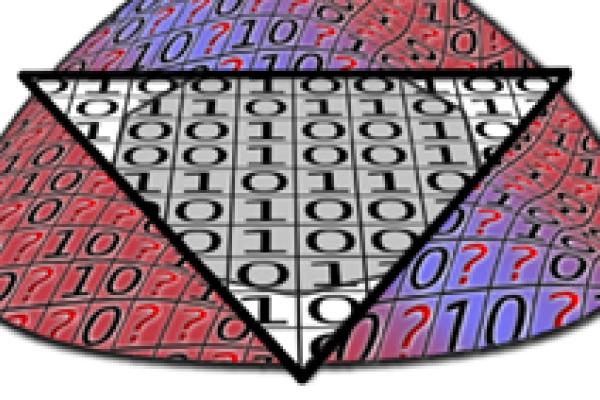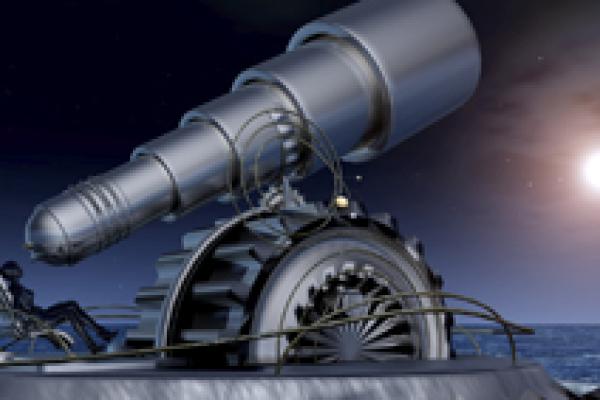Collection

What is quantum computing?
Quantum computers often grab the science headlines. But what exactly is quantum computing? What will quantum computers be able to do, and when can we expect to have fully functional ones?


